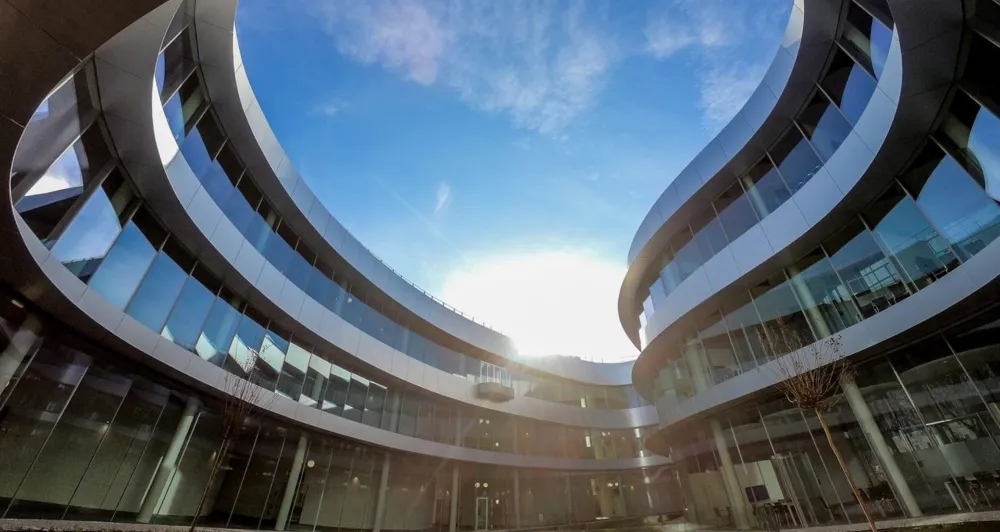
Bocconi’s Very Own Library of Things
Have you ever needed a drill, a hammer or maybe a basketball to shoot hoops with some friends? There is no need to buy them, especially if you may only need them sporadically. They can be borrowed, which both saves money and contributes to the sustainability of the planet, at the Bocconi Library of Things. Located on the basement floor of the Via Sarfatti 25 building, the initiative kicked off as part of the broader MUSA (Multilayered Urban Sustainability Action) Spoke 5 project. It allows Bocconi students to borrow everyday items ranging from household appliances to tools and technological devices, completely free of charge. Items are available through a smart locker system provided by WIB Machines, a leader in the sharing technology sector.
The project was created through a collaboration with the Leila network, which has already activated several libraries of things in different Italian cities. "This service represents a concrete response above all to the needs of students living on campus, who often arrive in the city on a limited budget," explains Francesca Boni, Researcher at Bocconi University for MUSA Spoke 5 and coordinator of the pilot project. "Sharing items also contributes to reducing environmental impact, avoiding unnecessary purchases and promoting a more sustainable and circular consumption model." But this is not the only strength of the initiative, as Carlo Salvato, Full Professor at the Department of Management and Technology and Dean of the Graduate School, points out. "The Library of Things is a concrete example of how — through the MUSA project — Bocconi not only promotes innovation and sustainability, but also cultivates a community spirit among students," he says. "Through the responsible sharing of resources, we promote the values of collaboration, trust and social engagement that are fundamental for educating informed leaders and citizens."
Universities in general, and Bocconi in this specific case, can be fertile ground for innovation and experimentation. This concept was also reiterated by Antonio Beraldi, CEO of Leila, an innovative startup founded in 2016 in Bologna with the aim of promoting the intelligent use of resources thanks in part to the use of technologies. "This collaboration represents a concrete example of how academia can promote innovative and sustainable models. With the project, Bocconi is supporting Leila in its growth path as a startup and helping transform an idea conceived from the bottom up into a scalable service, replicable in different organizations and capable of generating positive impact for many communities," he says. Alfonso Correale, CEO of WIB srl, the other partner supporting Bocconi in the initiative, agrees: "Contributing to the creation of the Library of Things on the Bocconi campus with our smart lockers has been a pleasure. Through shared access to certain items, the service offers not only a benefit to students, but also a real form of assistance."
The project also includes a research component, with the aim of quantifying environmental benefits through a Life Cycle Assessment (LCA) study. It will analyze the reduced environmental impact resulting from the shared use of items compared to their individual purchase.